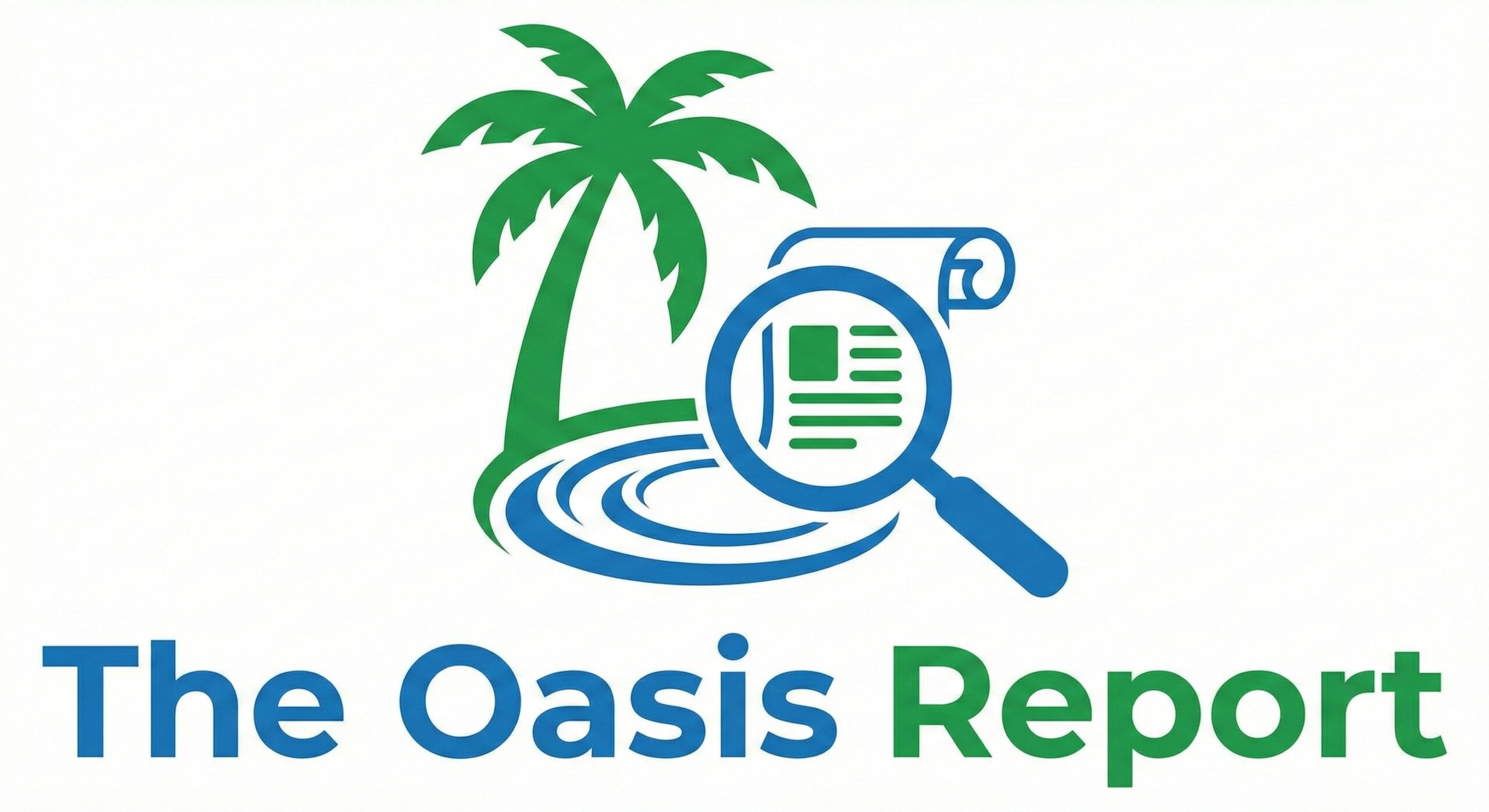Libya on Wednesday awarded oil and gas exploration rights to foreign companies including Chevron, Eni, Qatar Energy and Repsol in its first licensing round in nearly 20 years, aiming to boost the sector despite political risks.
The National Oil Corporation (NOC) has announced the winners of its first bidding round since 2007, allocating prime land across the Sirte coast and Murzuq basin and the Mediterranean’s gas-rich offshore Cyrenaica field.
Italy’s Eni and QatarEnergy have secured the rights to Offshore Area 01, strengthening their strategic partnership as they expand across the Mediterranean. Another consortium, consisting of Spain’s Repsol, Hungary’s Mitsui O.S.K. Lines and Turkey’s state-owned company TPOC, won Offshore Area 07.
US giant Chevron has secured the Sirte S4 exploration license, marking a significant return to Libya’s most productive onshore basin. In the southern Murzucu Basin, Nigeria’s Aiteo won the M1 license, representing a rare entry into Nigeria’s upstream sector by an independent African company.
(Reporting by Ahmed Elumami; Writing by Yousef Saba; Editing by Bernadette Baum)


